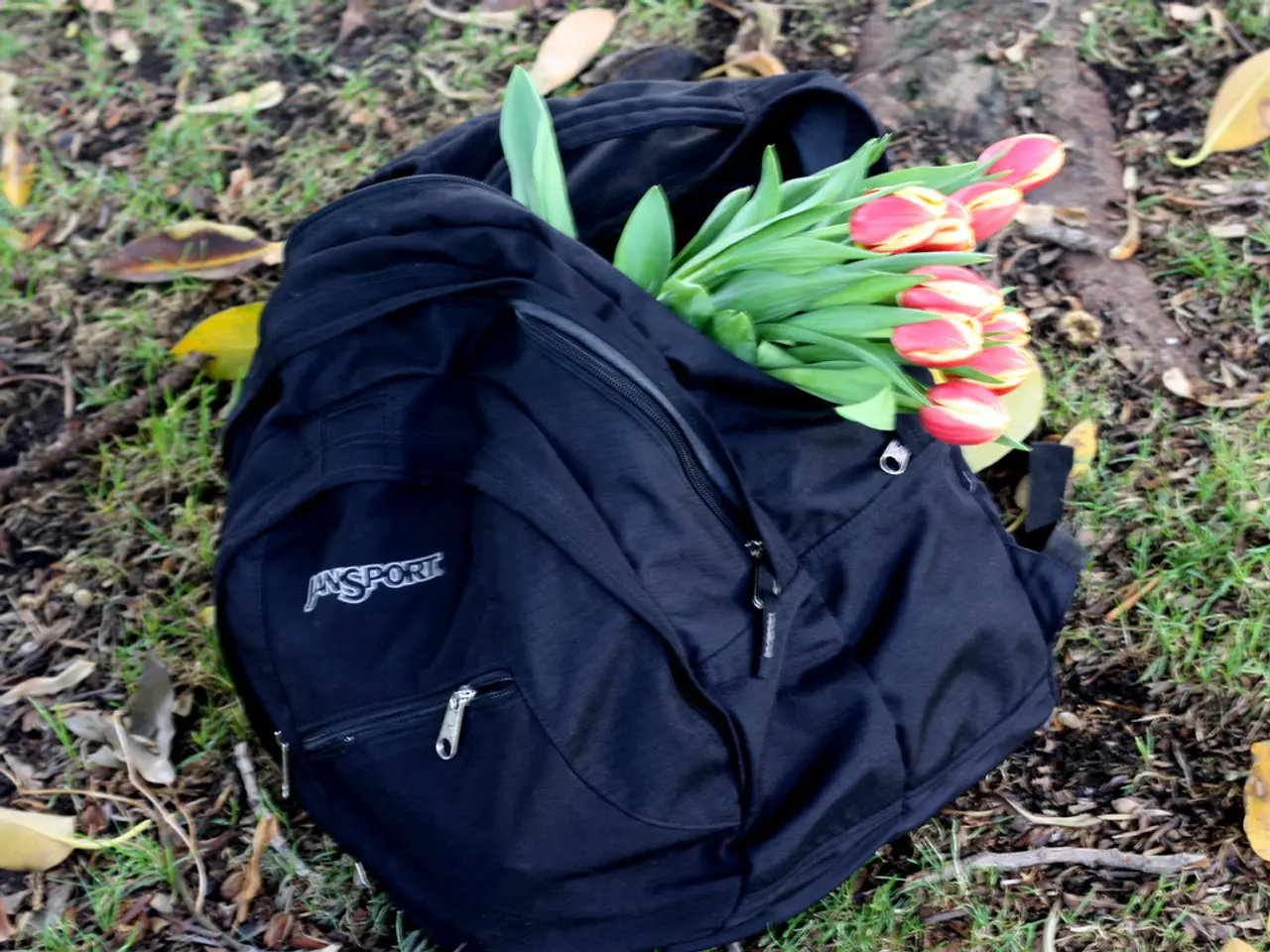Gardening's Role in Saving the Earth: Home Composting
Composting, the process of turning organic waste into nutrient-rich soil, is a simple yet impactful practice that benefits both the environment and your garden. Whether you choose to compost indoors or outdoors, this eco-friendly approach enriches soil, improves moisture retention, and supports healthy plant growth.
Composting organic waste, such as fruit and vegetable scraps, eggshells, coffee grounds, and even paper products, produces a valuable resource known as "black gold." This organic matter enhances soil structure and aeration, promoting healthy root development. It improves moisture retention, reducing the need for frequent watering, and supplies slow-releasing nutrients that naturally support plant growth and higher yields.
Outdoor composting, typically done in bins or piles, benefits from warm temperatures to accelerate decomposition and sometimes produces heat that helps suppress soil diseases. On the other hand, indoor composting solutions, like small bins for kitchen scraps on patios or balconies, suit limited spaces and keep composting neat and manageable.
Indoor composting methods include aerobic composting and vermi (worm) composting. Some cities even offer programs that allow residents to purchase composters at a discount. One popular outdoor composter is the Earth Machine.
Composting garden and kitchen scraps can have a positive impact on the environment by reducing landfill waste, thereby decreasing greenhouse gas emissions (methane) and lowering your garden's carbon footprint. By composting, you're also reducing the need for synthetic fertilizers and supporting organic garden practices.
It's essential to remember that not all organic waste is suitable for home composting. Potato peels/cuttings, weeds from lawn cuttings, avocado skins and pits, meat/fish, cheese/dairy, fats/oils, and "compostable" cutlery/plates/cups/bags should not be composted at home. In addition, "compostable" bio-plastics do not break down effectively in a home-scale compost bin, creating poor-quality compost.
Orange and banana peels can be composted, but orange peels in moderation as the acidity can cause issues in your compost. A good balance of green (veggie and fruit scraps) and brown (newspaper and cardboard) materials is crucial for effective composting.
Sharing this post on social media or email can help spread awareness about composting and its numerous benefits. Together, indoor and outdoor composting provides a holistic, eco-friendly approach to maintaining a healthy and productive home garden.
For more detailed information on composting and its benefits, please refer to the sources below:
- Biogrowth Organics highlights how compost enriches soil structure, moisture retention, root health, and reduces landfill waste (Source [1]).
- Organic Abiotech emphasizes composting’s role in reducing greenhouse gas emissions, saving landfill space, and improving soil quality for higher yields (Source [2]).
- GrowVeg outlines practical composting solutions fitting various garden sizes, including indoor and outdoor bins for managing organic waste efficiently (Source [3]).
- Oregon State Extension notes outdoor composting’s benefits in disease suppression and practical weekly management tips for household and yard waste (Source [4]).
Happy composting!
- By composting natural waste like fruit and vegetable scraps, eggshells, coffee grounds, and paper products, you can create a nutrient-rich substance called "black gold" that enriches soil and improves plant growth.
- Adopting composting as part of your environmental-science influenced lifestyle can help combat climate-change by reducing landfill waste, thereby decreasing greenhouse gas emissions and lowering your home-and-garden's carbon footprint.
- Composting, a practice that turns organic waste into nutrient-rich soil, not only benefits your garden but also the environment by supporting organic garden practices and reducing the need for synthetic fertilizers.
- Whether you choose to compost indoors or outdoors, this eco-friendly approach enriches soil, improves moisture retention, and supports healthy plant growth, making it a simple yet impactful practice for gardeners.
- For more information about composting and its various benefits, resources such as Biogrowth Organics, Organic Abiotech, GrowVeg, and Oregon State Extension offer detailed insights into topics like soil enrichment, greenhouse gas emissions reduction, and practical composting solutions.




